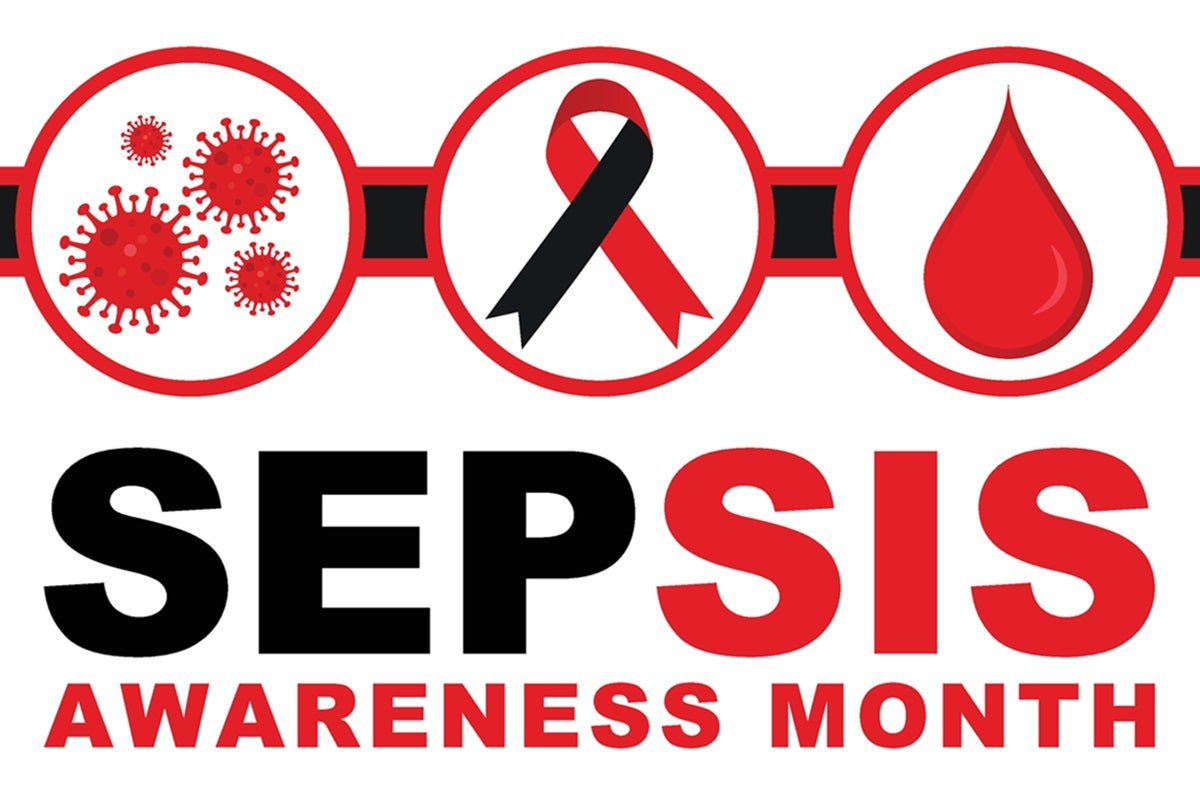Sepsis Awareness Month: It’s About T.I.M.E. to Save Lives
September 10, 2025
By: Rebecca M. Davis, MSN, RN, CCRN
Categories: Healthcare 101
Have you heard of sepsis? If not, you're not alone. Many people have never heard of it, yet sepsis is a life-threatening medical emergency that can affect anyone. September is Sepsis Awareness Month, making it the perfect time to spread the word to families, friends, neighbors, and communities to help save lives.
What Is Sepsis?
Sepsis occurs when an infection spreads throughout the body, overwhelming the immune system and damaging tissues and organs. This can lead to organ failure, loss of limbs, and even death. Sepsis, severe sepsis, and septic shock can progress quickly, so early medical treatment is critical.
Our immune systems fight germs daily. These include bacteria, viruses, parasites, and fungi. Sometimes, prescription medications like antibiotics are needed to help the body fight these infections. It is important to take medications exactly as prescribed to prevent germs from becoming resistant.
Infections can cause inflammation, disrupt fluid regulation, affect blood clotting, and impair blood flow. These complications can be the beginning of sepsis. Common infections in the urinary tract, lungs, skin, or gut can all lead to sepsis. If you suspect sepsis, seek medical attention immediately.
Who Is at Risk?
Sepsis can affect anyone, but some groups are more vulnerable:
- Infants and children under 5
- Adults over 65
- People with chronic diseases (diabetes, kidney or respiratory conditions)
- Cancer patients
- Individuals who are malnourished
- Racial and ethnic minorities
- Lower-income families
- People who have had sepsis before
Recognizing Sepsis: It’s About T.I.M.E.
Most sepsis cases seen in hospitals originate in the community, not within the hospital. Early identification at home, school, or work is essential. The Sepsis Alliance uses the acronym T.I.M.E. to help people recognize the signs:
- T – Temperature: Is it higher or lower than normal?
- I – Infection: Are there signs of infection such as chills, sweats, fatigue, headache, muscle aches, nausea, vomiting, diarrhea, redness or swelling, abdominal pain, painful urination, joint pain, or rashes?
- M – Mental Decline: Is the person sleepy, difficult to rouse, or confused? Is this a new symptom?
- E – Extremely Ill: Does the person have severe pain or discomfort, trouble breathing, or a sense that something is very wrong?
If you notice a combination of these symptoms, contact a medical professional, visit urgent care or the hospital, or call 911. Be sure to say, “I am concerned about sepsis.”
Can Sepsis Be Prevented?
Preventing infections is the first step in preventing sepsis. Here are some simple but powerful actions:
- Hand washing: Use soap and water or hand sanitizer regularly.
- Wound care: Clean scrapes and cuts with water, dry with a clean towel, and cover with a clean bandage.
- Hygiene habits: Cover coughs, wash hands properly, and clean surfaces regularly.
- Vaccinations: Talk to your healthcare provider about recommended vaccines for you and your family.
Can Sepsis Be Treated?
Yes. There are nationally established guidelines for treating sepsis based on how the patient presents and the severity of the illness. Treatment may include:
- Blood tests
- IV fluids and antibiotics
- Medications to maintain blood pressure and oxygen delivery
Healthcare providers, nurses, EMTs, and paramedics are trained to recognize and treat sepsis quickly. Early recognition and treatment save lives.
Learn More
For more information, speak with a healthcare professional or visit these trusted resources:

Rebecca "Becky" Davis is the Saint Alphonsus Health System Sepsis Coordinator. She has 26 years of nursing experience and a passion for providing education to improve the health and wellness of patients, families and communities.
